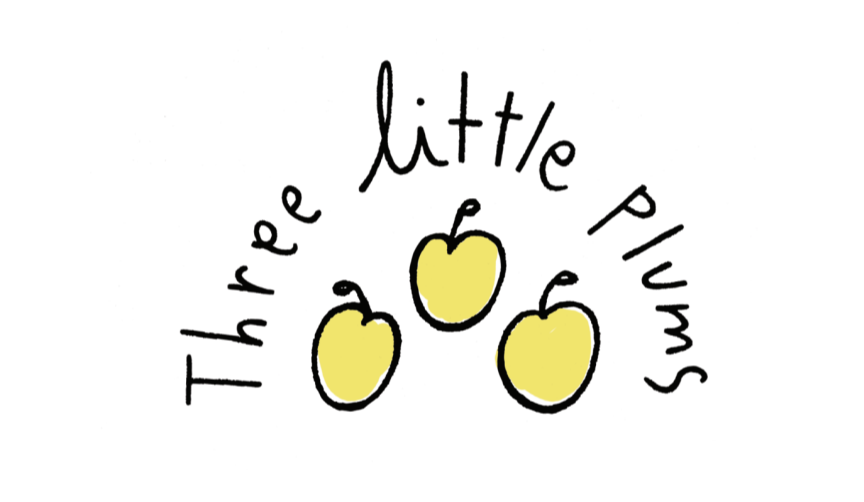Is Fluoride Safe During Pregnancy, Early Childhood and Beyond?
Are you exposed to fluoride? Most Americans are:
Currently, in the US, 3/4 of Americans2 who use public water systems have fluoridated water.
The EPA has estimated that drinking water accounts for approximately 60% of American adults’ fluoride intake; tea, coffee, and other beverages make up about 20%; foods account for about 13%; and the rest comes from other sources, including dental products.12
A new review by a well known Harvard researcher is once again questioning the safety of fluoride: specifically when it comes to prenatal exposure of fluoride (via the pregnant mother’s intake).
Here is what we know about:
YES fluoride helps prevent dental cavities.
Austria, Belgium, Finland, France, Germany, Hungary, Luxembourg, Netherlands, Norway, Sweden, Switzerland, Scotland, Iceland, and Italy do not fluoridate their water and yet their tooth decay rates have declined at the same rate as the U.S. and other fluoridated countries
Fluoride does cross the placenta
Because of their small size and pending development, fluoride (and other neurotoxins) can affect the developing fetus and a child's brain development at exposures much below that of adults,
There are various international studies that concluded that higher prenatal exposure to fluoride may affect neurodevelopment. Because of this, the editor of the scientific journal, JAMA Pediatrics has recommended that pregnant women living in fluoridated communities should drink bottled water rather than the piped water with added fluoride.
According to the CDC , more than TWO in five American adolescents have been diagnosed with dental fluorosis. Dental fluorosis is the visible sign of fluoride toxicity (high levels of fluoride) during childhood years
In animal studies Fluoride may cause neurotoxicity in laboratory animals, including effects on learning and memory
Now- lets look at some of the studies on fluoride exposure during pregnacy:
Today, 400+ studies link fluoride to neurological effects - providing evidence that fluoride can be particularly perilous to babies' brains, especially.
Canadian 2019 study. Found that pregnant women who drank more fluoridated water had children with lower intelligence scores at ages 3 and 4. An increase of a milligram of fluoride per day — the amount in about five cups of water — was linked to a loss of 3.7 IQ points for boys and girls.
Mexico 2017 Study: .In this study, higher prenatal fluoride exposure, was associated with lower scores on tests of cognitive function in the offspring at age 4 and 6–12 y.
27 Chinese Studies: while some of these studies have been criticized as flawed, they have all overwhelmingly shown lower IQs in children exposed to elevated amounts if fluoride – even small elevations that would be considered safe by the U.S. EPA.
What does all of this mean?
IF YOU ARE PREGNANT:
The water in the US started being fluorinated before safety tests were ever conducted on children or unborn fetus’s.
In recent years, numerous large scale and well respected international studies have shown a strong correlation between prenatal fluoride use and effects on children’s brain development. It is my personal opinion that it is prudent to avoid fluoride when you are pregnant. Just like you would avoid mercury - another neurotoxin- in fish.
Recommendations during pregnancy:
- Use a water filter that filters out fluoride from your drinking water
Use fluoride free toothpaste (I like Dr Bronner’s peppermint )
limit black tea consumption
FOR YOUNG CHILDREN
Most children stop swallowing large portions of their toothpaste by the age of 8/10, but younger children tend to swallow much more, up to 48 per cent in 2-3 year-olds.
According to the EU "The very youngest are at greatest risk of exceeding fluoride limits. The estimated tolerable limit for children under 1-6 years old is 1.5 mg/day, which should produce less than 5% of moderate dental fluorosis. This is exceeded if they drink more than 1.0 L water containing 0.8 mg F/L and they use a normal amount of regular fluoridated toothpaste. If they drink 1.5 L of water they go over the limit even without the toothpaste.
Recommendations for Children:
If your child is still swallowing their toothpaste I personally recommend not using a toothpaste with fluoride (some favorite can be found here in my Amazon store)
Install a water filter that filters out fluoride for your drinking water
Young children usually like swallowing water during bath/showers. IF this is the case consider a shower filter that filters out fluoride (my kids are older and our shower filter- while great as it reduces chlorine and other nasty chemicals does not reduce fluoride. This one does but I have not tried it out personally )
EVERYONE ELSE
At this point the question is not whether fluoride is effective in preventing tooth decay, but rather, whether you particularly need it and how much you need. As countries without water fluoridation have shown, good oral hygiene can usually prevent cavities on its own. I do think, however, it is important to highlight that some people are more prone to cavities. Individuals with condition like Enamel Hypoplasia, or some lower income communities that do not have access to quality dental care, can perhaps benefit from more exposure to fluoride-
Sources
http://www.cdc.gov/nchs/data/databriefs/db53.htm
https://ehp.niehs.nih.gov/doi/10.1289/ehp.1104912
https://ec.europa.eu/health/scientific_committees/opinions_layman/fluoridation/en/#4
https://ehp.niehs.nih.gov/doi/10.1289/EHP4903

